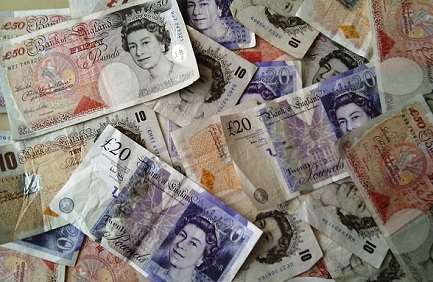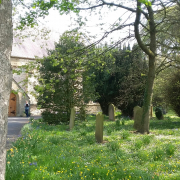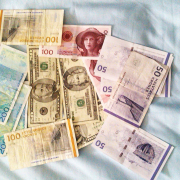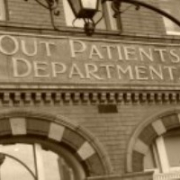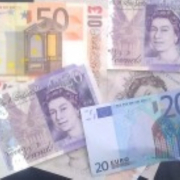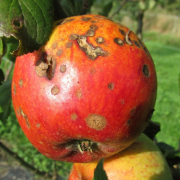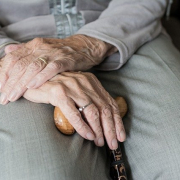PPE Scandals hit Italian & German Business and Politics – Will the UK Follow?
There have been interesting developments in terms of procurement of PPE in several European countries. Last month, the Times reported that magistrates in Italy had ordered the seizure of property worth more than €70 million (£60 million) including a yacht, a Harley-Davidson motorbike, watches and several apartments from eight middlemen. They are accused of exploiting the desperate shortages of PPE last year at the height of the pandemic.
The allegation suggests that a group of businessmen earned commissions worth €72 million on the purchase of 800 million facemasks from China. Those masks cost the Italian government some €1.2 billion. The suspects are accused of “illicit influence trafficking, receipt of stolen property and money laundering”. There is some cronyism involved here too. One of the accused is Mario Benotti, 56, a journalist and general director of two technology companies, and someone who knew Domenico Arcuri, 57, the Covid commissioner. But Benotti says that he intervened to help his country and because Arcuri asked him to. He acknowledges getting €12 million but says he earned it.
It has to be said that a margin or commission of €72 million sounds a lot. But on a spend of over a billion, that is “only” 6%. Is that really exploitation? A BBC Panorama programme this week suggested that firms such as Ayanda Capital made significantly more than that supplying the UK with PPE – a margin of 15.8% according to Tim Horlick, the boss. But in any case, if 800 million masks cost €1.2, that is €1.5 per mask, which shows just how crazy the market got last year.
In Germany, the scandal is deeper and more shocking. Several leading politicians have been forced to resign because of the money they made personally from the pandemic shortages. Earlier this month, two members of the parliament and of Angela Merkel’s ruling CDU party resigned this week because of the scandal.
It appears that Georg Nüßlein and Nikolas Löbel both personally profited from government contracts for face masks. Löbel is alleged to have received €250,000 in payments for brokering a deal between a Chinese supplier of masks and the German cities of Heidelberg and Mannheim. Nüßlein is accused of making €660,000 through a consultancy firm for lobbying the government on behalf of a supplier. Mark Hauptmann, from the eastern state of Thuringia, is the latest to go. He is stepping down due to his alleged links concerning medical supplies and Azerbaijan. It all seems somewhat opaque, but Hauptmann has admitted that Azerbaijan and other countries paid for adverts in a newspaper he publishes.
Coming back to the UK, we also don’t know if any of our politicians took their cut for promoting PPE suppliers onto the “VIP” path, which greatly enhanced the firms’ chances of winning contracts. We still don’t know how Ayanda Capital and others were chosen to be awarded contracts, or why each got the size of contract they did. This week, the BBC Panorama programme looked at how some very odd firms won huge contracts or acted as facilitators, such as an upmarket dogfood business! It also exposed that details of some contracts awarded last spring and summer have still not been published.
But there only four possible options in terms of the process used in the UK to select suppliers.
1. There was an actual selection process. I don’t mean the due diligence assurance which was carried out once a firm had been chosen – I mean the process for choosing which firm would get which volume. But if there was such a process, we still don’t know what it was.
2. It was random. All the names in a hat …
3. It was literally first come, first served. The first firms that got their offers in won the work, until all the volume needed was covered.
4. It was fundamentally corrupt.
We still don’t know which of these is the most accurate explanation, and until we do, we can’t rule out the possibility of more scandal emerging in the UK, as we have seen in these other nations. This story isn’t dead yet.

